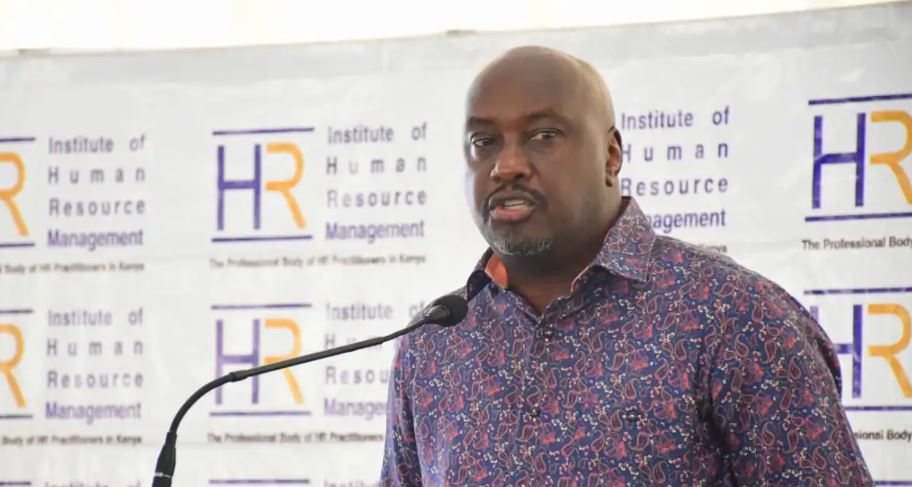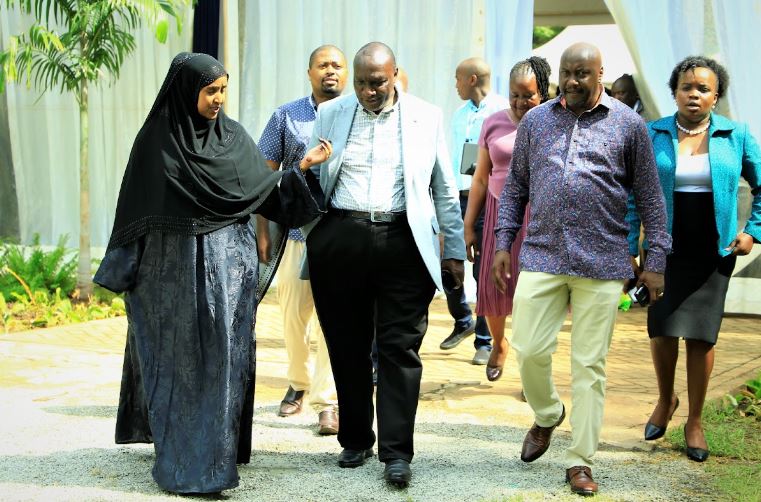 The Public Service Ministry has identified mental health as a serious challenge in the public service.
The Public Service Ministry has identified mental health as a serious challenge in the public service.
At the second HR summit for directors and deputy directors from ministries and departments in the public service in Mombasa on Tuesday, Institute of Human Resource Management national chairman Philip Odero emphasized that good mental health is fundamental to the workforce’s productivity and well-being.
Public Service PS Amos Gathecha highlighted that mental health has become a serious issue in the service since COVID-19.
Before the pandemic, the State Department attended to about 3,000 civil servants per year for mental health issues. After the pandemic, these numbers have significantly escalated, the PS said.
“In the year 2021-2022, we saw 13,000 civil servants with mental health issues. We expect the number to increase by the end of this month of June,” Gathecha said.
Human resource managers urged the swift review of the Human Resource Management Professionals Act 2012. This review will empower professionals to proactively and innovatively integrate human attributes into workplaces while ensuring their employees’ mental wellness.
“Therefore, this amendment is crucial for the effective implementation of the Act, ensuring that it addresses contemporary challenges and meets the evolving needs of the HR profession,” Odero said in a speech read on his behalf by his deputy Beatrice Bii.
He stated that amending the law would empower HR professionals to proactively and innovatively integrate human attributes into workplaces.
Odero mentioned that the goal is to nurture emotionally intelligent leaders who can enhance public service productivity and employee wellbeing.
“Emotional intelligence is a cornerstone of effective leadership. It enables us to understand and manage our emotions and those of others, fostering a workplace environment characterized by respect, empathy, and collaboration,” Odero said.
The Institute of Human Resource Management national chairman called for increased investment in emotional intelligence training and mental health programs to create environments where employees feel supported and valued for maximum productivity.
He noted that the national guidelines on workplace mental wellness provide a framework for creating supportive work environments and ensure employees have access to the necessary mental health resources.
PS Gathecha added that productivity is a top priority for the government, and this cannot be achieved without good mental health in workplaces.
He emphasized that the productivity of the public sector is directly linked to the quality of human capital, which drives sustained economic growth and development.
The PS pointed out that Singapore’s transformation journey was accomplished through significant investment in public sector transformation via human capital development.
He acknowledged that budgetary challenges have hindered human capital training, leading to poor mental health in the long run.
PS Gathecha said training programs should align with organizational mandates and core functions, incorporating artificial intelligence and digitization.
“I know we have a problem. When it comes to budget cuts the first thing that suffers is training, the training funds. But we have put a case across and we have said that training funds should be ring-fenced so that we keep sharpening our employees,” the PS said.
Gathecha stated that starting July 1, the government will procure medical coverage from private providers for its civil servants in ministries and state departments, as well as those seconded to county governments.
“And then from there we will sit and see, as public servants, how can we enhance this? We are working with the Ministry of Health to determine what percentage will be covered by the SHI and what percentage we will obtain from the private sector,” the PS said.









